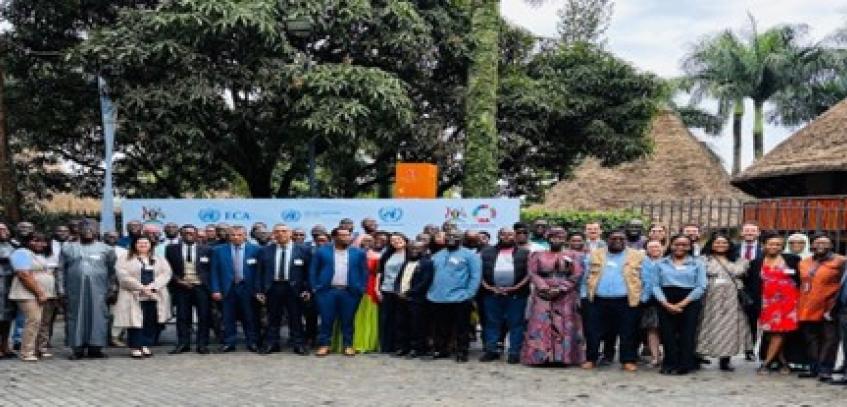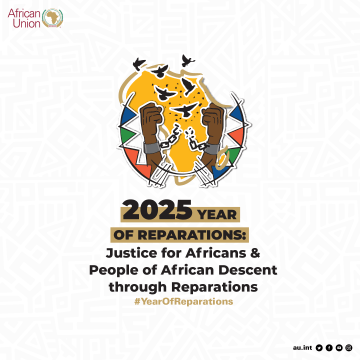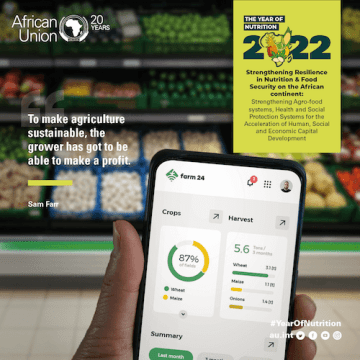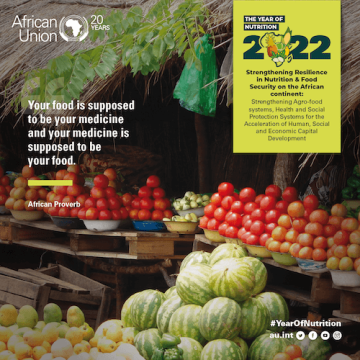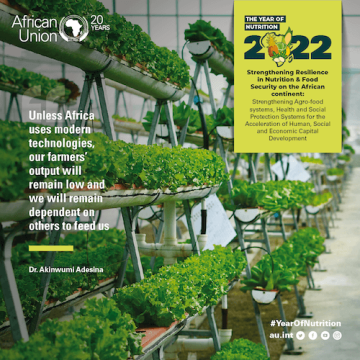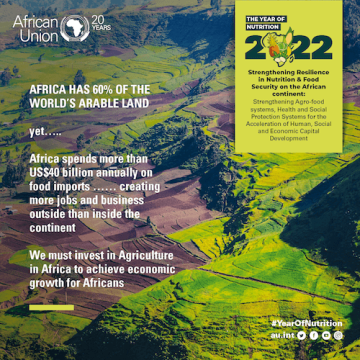Kampala – 12 April 2025 – The African Peer Review Mechanism (APRM), in collaboration with the United Nations Economic Commission for Africa (UNECA), UN-Habitat, the African Union Commission, and the UN Office for South-South Cooperation, successfully convened in Kampala, Uganda, the Regional Preparatory Workshop on Voluntary National and Voluntary Local Reviews: Strengthening Integration and Reporting on the 2030 Agenda and Agenda 2063. The event was held on the margins of the 11th Africa Regional Forum on Sustainable Development (ARFSD).
The workshop brought together over 100 participants, including Agenda 2063 and SDG experts from 20 African countries. It provided a crucial platform for peer learning, sharing of region-specific best practices, and exploring common challenges. A central focus was on advancing stakeholder participation in national reporting processes while emphasizing progress at subnational levels—provinces, districts, and municipalities—as a critical complement to national SDG and Agenda 2063 reporting.
Speaking on behalf of H.E. Ambassador Marie-Antoinette Rose-Quatre, CEO of the APRM Continental Secretariat, Ms. Sara Hamouda, APRM’s Continental Governance Officer, reaffirmed APRM’s support to over 600 national civil servants and Agenda 2063/SDG focal points. This support includes the provision of technical tools to enhance domestication, institutional coordination, monitoring and evaluation, and a multi-stakeholder approach for tracking both Agendas—developed in collaboration with UNDESA, UNDP, GIZ, and other partners.
Importantly, APRM announced that its Strategic Plan (2025–2028) is now fully aligned with the Second Ten-Year Implementation Plan of Agenda 2063, particularly Moonshot 3: Responsive Public Institutions and Moonshot 4: Peaceful Africa. It also complements the African Development Bank’s High 5s Agenda and strategic plans of other AU governance bodies.
Key themes at the workshop included peer-learning among 2025 Voluntary National Review (VNR) countries—Nigeria, The Gambia, Ghana, Ethiopia, and Seychelles—and technical orientation on the Second Ten-Year Implementation Plan (STYIP) reporting framework, which now has closer alignment with SDG indicators. APRM also introduced its new Strategic Planning and Foresight Toolkit, which addresses gaps identified in APRM Country Review Reports, including the lack of strategic foresight during the COVID-19 pandemic.
The Toolkit, validated by 15 African countries, including Zambia, Botswana, Ghana, and South Africa, revealed the absence of dedicated foresight structures and highlighted the need to train government officials in scenario planning and resilience preparedness.
The 11th ARFSD, held from 9–11 April 2025 in Kampala, focused on "Driving Job Creation and Economic Growth through Sustainable, Inclusive, Science- and Evidence-Based Solutions for the 2030 Agenda and Agenda 2063." It assessed African progress on interlinked goals such as SDG 3 (health), SDG 5 (gender equality), SDG 8 (employment and decent work for all), SDG 14 (life below water) and SDG 17 (Partnerships for the Goals) and their counterparts in Agenda 2063.
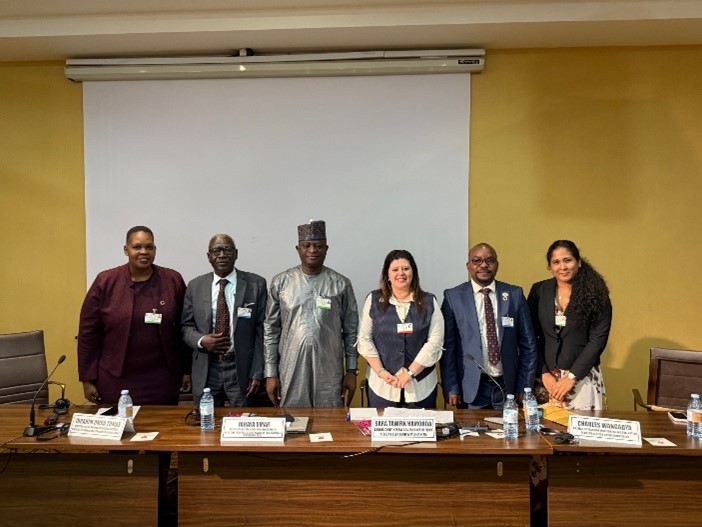
The workshop concluded with the adoption of the 2025 Kampala Declaration, a robust call to action addressed to the African Union, UN agencies, and Member States. It calls for:
i)Fostering self-reliance in sustainable finance through systems that are African-led, developed, and owned at the national, subregional, and continental levels. This includes innovative and sustainable public debt management strategies aimed at job creation, economic growth, and sustainability;
ii) Developing comprehensive approaches to poverty reduction and social protection that consider income, gender, and geographic disparities. These investments should aim to empower vulnerable groups, reduce inequality, and build resilience against future shocks; and Formally integrating Agenda 2063 and its Second Ten-Year Implementation Plan into the revised United Nations Sustainable Development Cooperation Framework (UNSDCF). The aim is to ensure systematic inclusion of both global and continental priorities in UN country-level programming, aligned with the African Union’s vision of “Two Agendas, One Plan.”
The APRM remains committed to fostering good governance, institutional resilience, and strategic foresight across Africa and calls upon international partners to support and scale these efforts in the spirit of shared development and mutual accountability.
For further information, please visit https://www.uneca.org/eca-events/sites/default/files/resources/documents/CFND/ARFSD2025/arfsd_11_kampala_declaration_en.pdf.
Contact persons on APRM Agenda 2063 Continental Governance Programme
Ms. Sara Hamouda, sara.hamouda@aprm-au.org
Ms. Bernadette Yiga Bernadette.Yiga@aprm-au.org.

